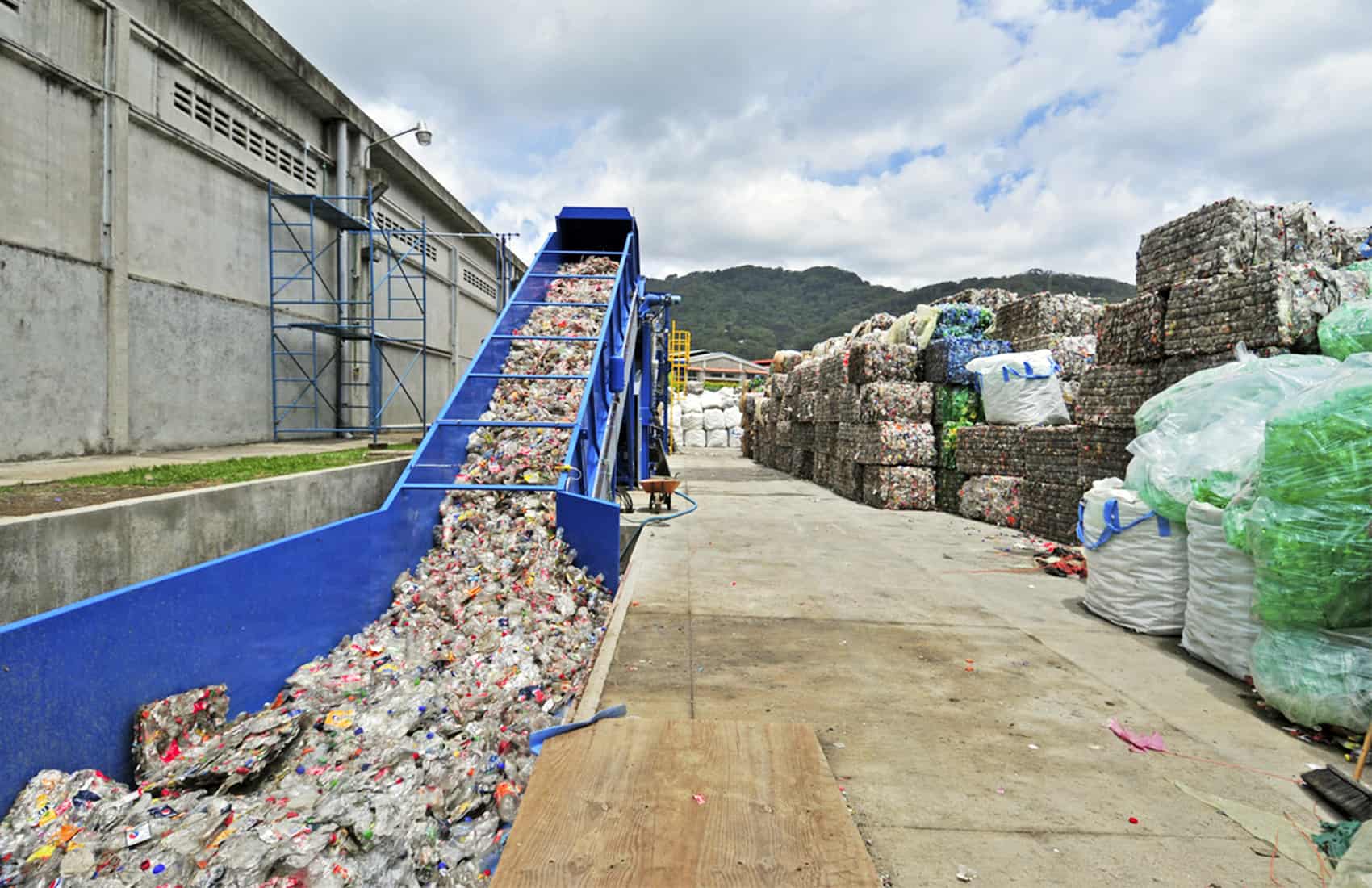A recent study revealed that the majority of Costa Ricans do not separate their household solid waste. According to the National University (UNA), 57% of people do not perform this important task for waste revaluation. Among the reasons people do not separate their waste is the absence of a recycling collection route. Additionally, many find it challenging to change their habits, having never done it before. Lack of knowledge and time were also cited as major reasons for not recycling.
The UNA found that 52% of the population does receive recoverable waste collection services, known as recycling, in their communities. Although more than half of the population does not separate and sort ordinary solid waste, a large majority (95%) consider it important to deliver waste clean, dry, and separated. Meanwhile, 15% said, “it doesn’t matter if they don’t separate because it’s done at the collection points,” and 10% said, “it doesn’t matter if they don’t separate because, in the end, everything ends up mixed.”
The survey also revealed a general lack of understanding regarding the concept of ordinary solid waste. While 30% of respondents considered it simply “garbage,” a similar percentage said they did not know. Only 2% provided an answer in line with Law 8.839 for integrated waste management.
In terms of common practices, there is widespread awareness (95%) that some solid waste can be recovered and transformed into other materials. Additionally, 90% of respondents believe that certain food waste can be decomposed through composting. The study, based on 2023 data from the Ministry of Health, also determined that 53% of household waste is organic.
There is a general lack of knowledge about waste electrical and electronic equipment (WEEE). Only 18% of the population reported having received information on how to manage it properly.
“This lack of knowledge among consumers worsens the problem, creating risks to human health and the environment due to inadequate disposal of WEEE. Therefore, it is essential to strengthen an environmental culture to uphold this legal obligation and to assume it as a shared responsibility,” the study stated.






